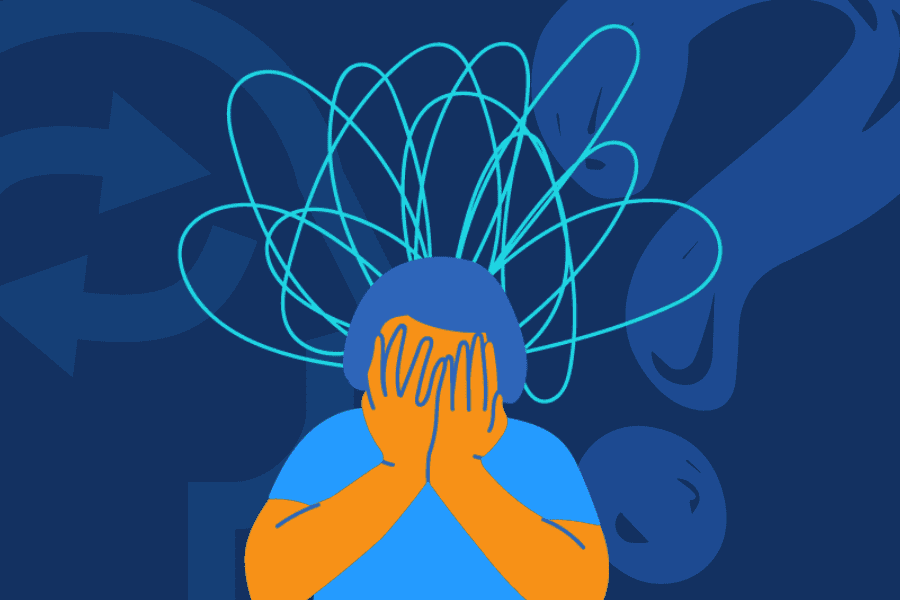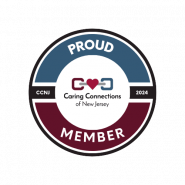Post-Traumatic Stress Disorder (PTSD) is a complex mental health condition that affects millions of people worldwide. Those living with PTSD often face a daily battle against its symptoms, which can be triggered by a variety of stimuli and situations. In this blog, we’ll explore the concept of PTSD triggers, delve into the science behind them, and discuss effective coping mechanisms that can help individuals regain control over their lives.
What Are PTSD Triggers?
PTSD triggers are specific cues or reminders that bring back distressing memories and emotions from a traumatic event. These triggers can vary greatly from person to person and may include sights, sounds, smells, or even certain situations that resemble the traumatic experience. Understanding these triggers is crucial for managing PTSD effectively.
The Science Behind Triggers
To comprehend the impact of PTSD triggers, it’s essential to understand how the brain processes traumatic memories. When a person experiences trauma, the brain encodes the event in a unique way. Traumatic memories are often stored differently from ordinary memories, making them more accessible to triggers. When a trigger occurs, it can activate the brain’s fight-or-flight response, leading to symptoms like anxiety, panic attacks, and flashbacks.
Common PTSD Triggers
- Sensory Stimuli: One of the most common triggers is sensory stimuli associated with the trauma. For instance, a car accident survivor might be triggered by the sound of screeching tires.
- Anniversaries: The anniversary of the traumatic event can serve as a potent trigger, as it brings back vivid memories of the incident.
- Smells: Certain scents can be powerful triggers, as the olfactory system is closely linked to memory and emotion. A war veteran might be triggered by the smell of gunpowder, for example.
- Specific Locations: Being in a location reminiscent of the trauma can also trigger symptoms. This is particularly challenging for veterans who may have to navigate war zones in their daily lives.
Coping Mechanisms for PTSD
Living with PTSD can be incredibly challenging, but there are coping mechanisms that can help individuals manage their triggers and improve their quality of life:
- Therapy: Seeking therapy, particularly Cognitive-Behavioral Therapy (CBT) or Eye Movement Desensitization and Reprocessing (EMDR), can help individuals process traumatic memories and develop strategies to cope with triggers.
- Medication: In some cases, medication prescribed by a mental health professional can be effective in reducing the intensity of PTSD symptoms.
- Grounding Techniques: These techniques involve focusing on the present moment to prevent being overwhelmed by triggers. Deep breathing, mindfulness exercises, and grounding exercises can be helpful.
- Support Systems: Building a strong support network of friends and family who understand and empathize with the individual’s struggles can provide emotional stability.
- Self-Care: Engaging in self-care activities like regular exercise, a healthy diet, and sufficient sleep can improve overall mental health and resilience to triggers.
PTSD triggers are formidable adversaries, but with the right understanding and coping mechanisms, individuals can regain control over their lives. Seeking professional help and building a support network are essential steps on the path to recovery. Remember, healing from PTSD is a journey, and it’s important to be patient and compassionate with oneself. If you or someone you know is struggling with PTSD, don’t hesitate to reach out for help and support. You are not alone in this battle, and there is hope for a brighter future.



